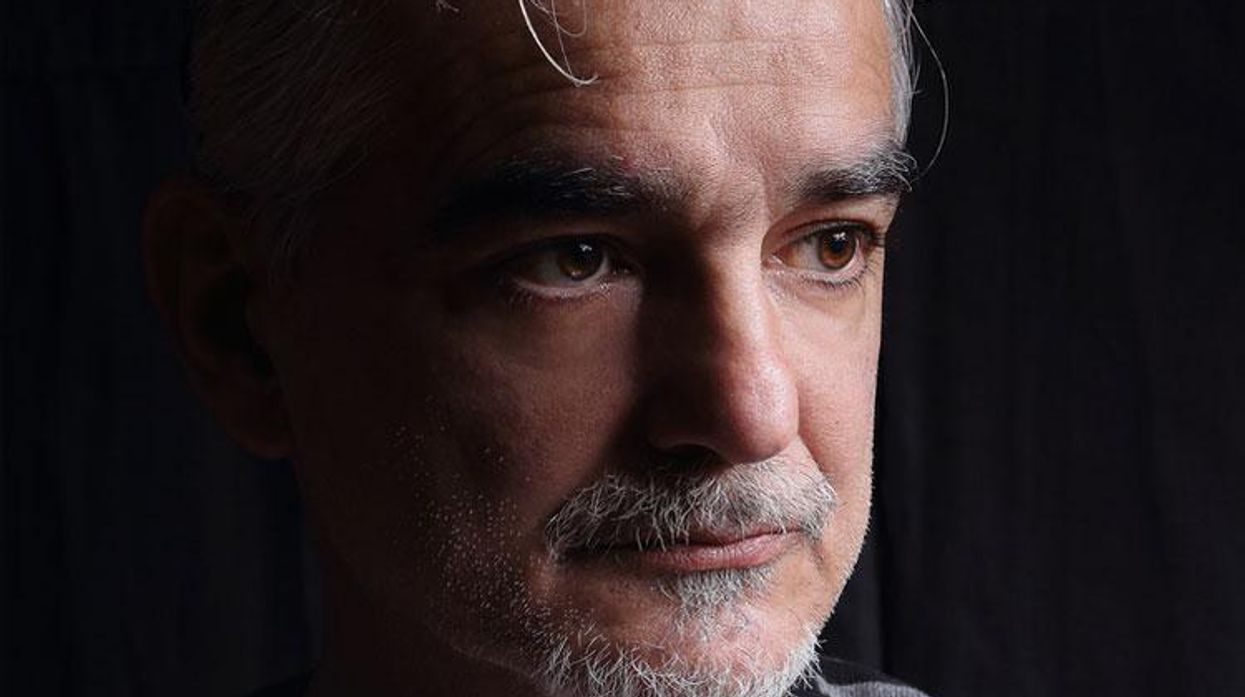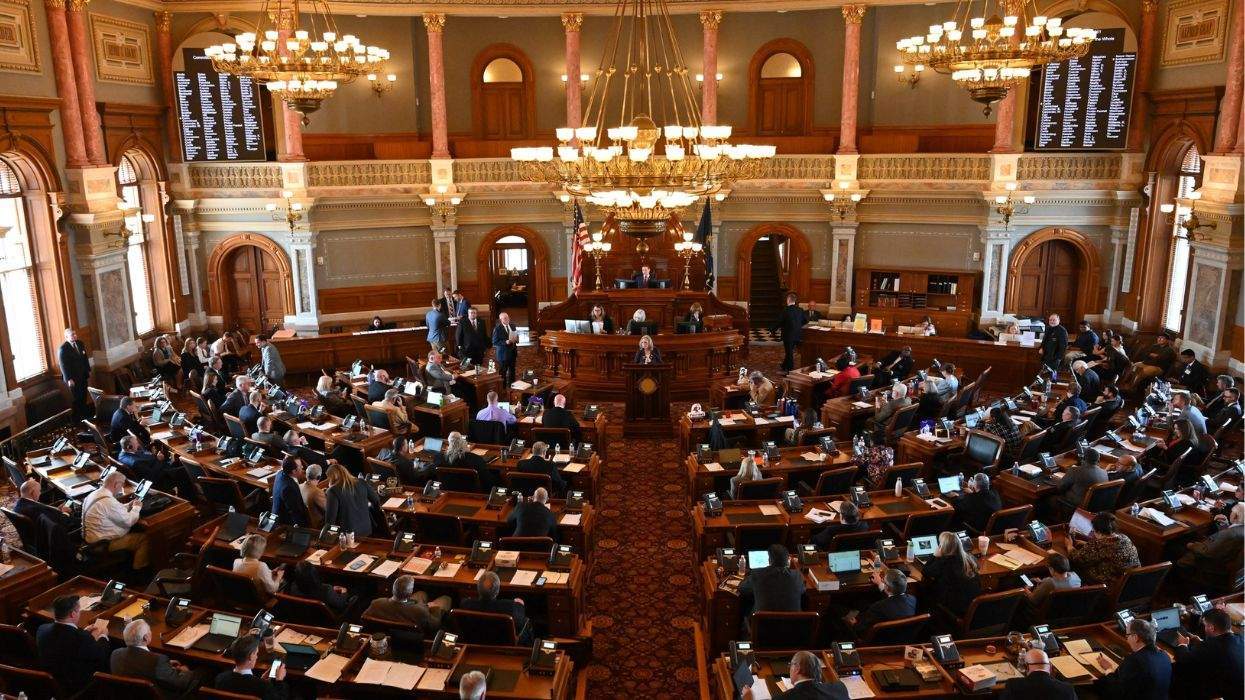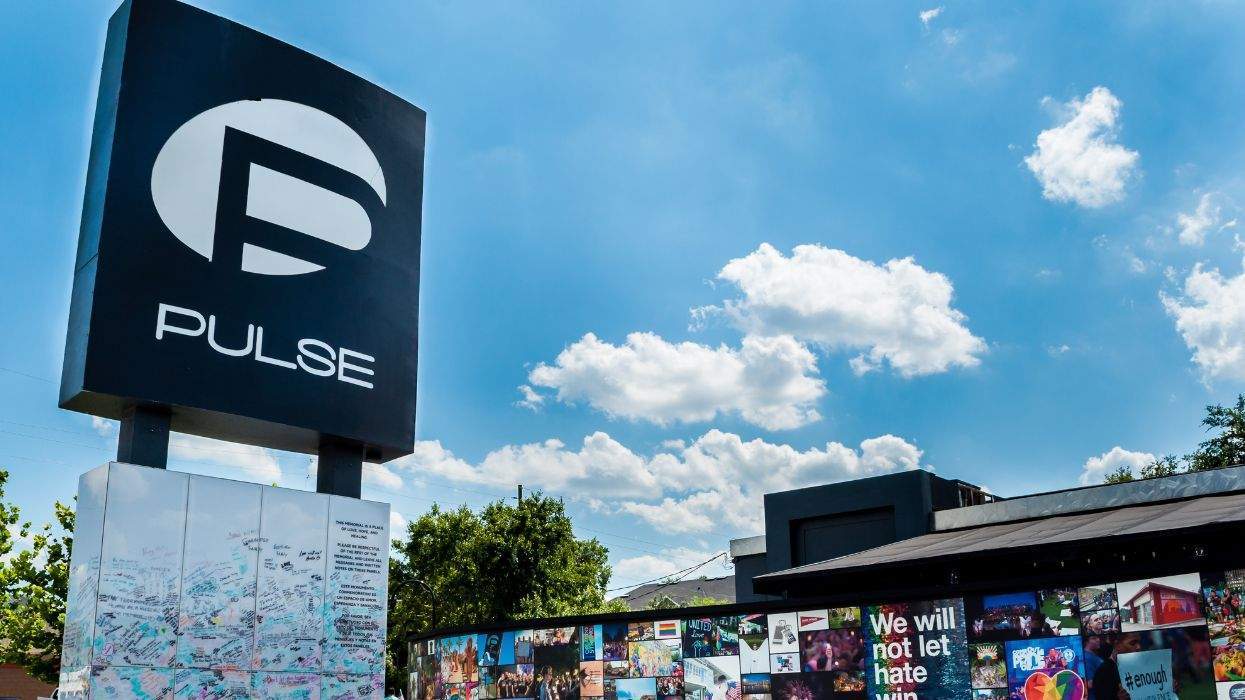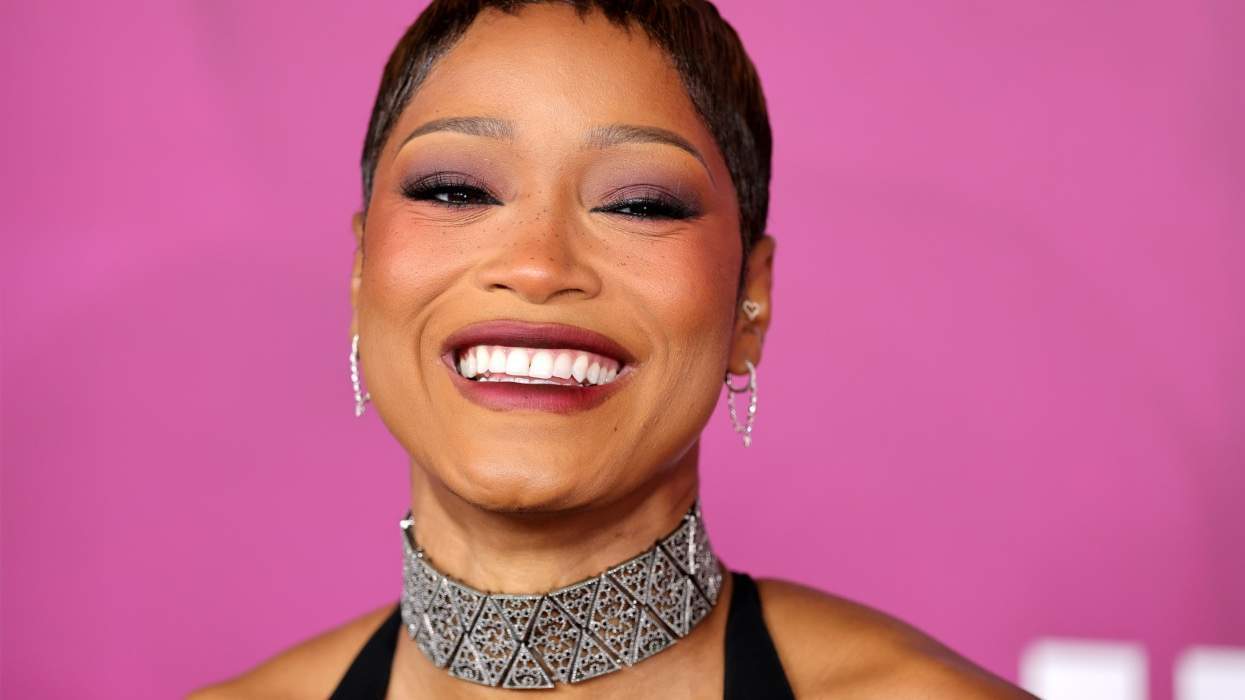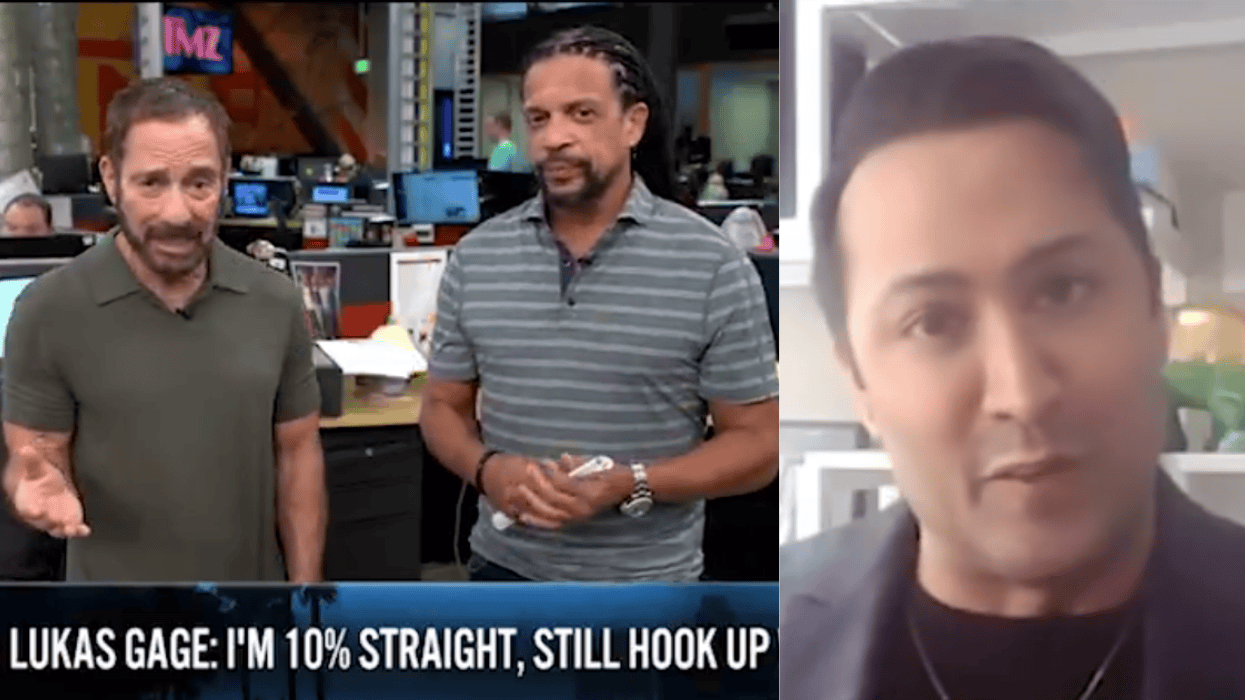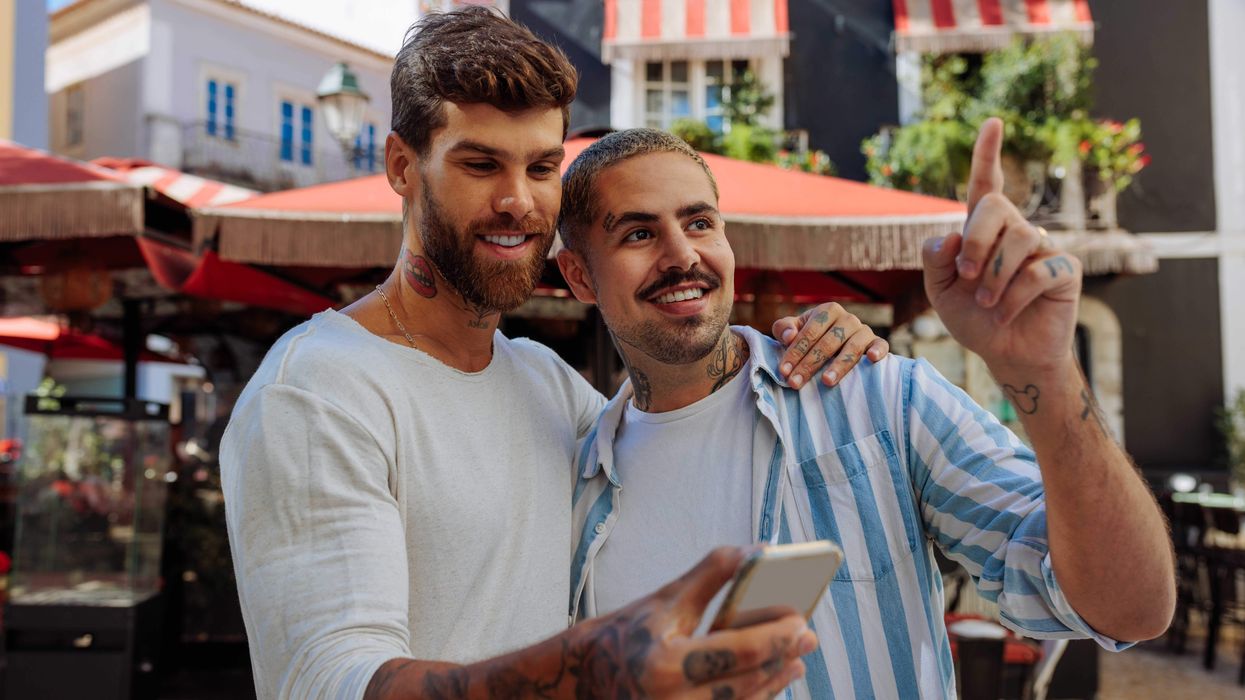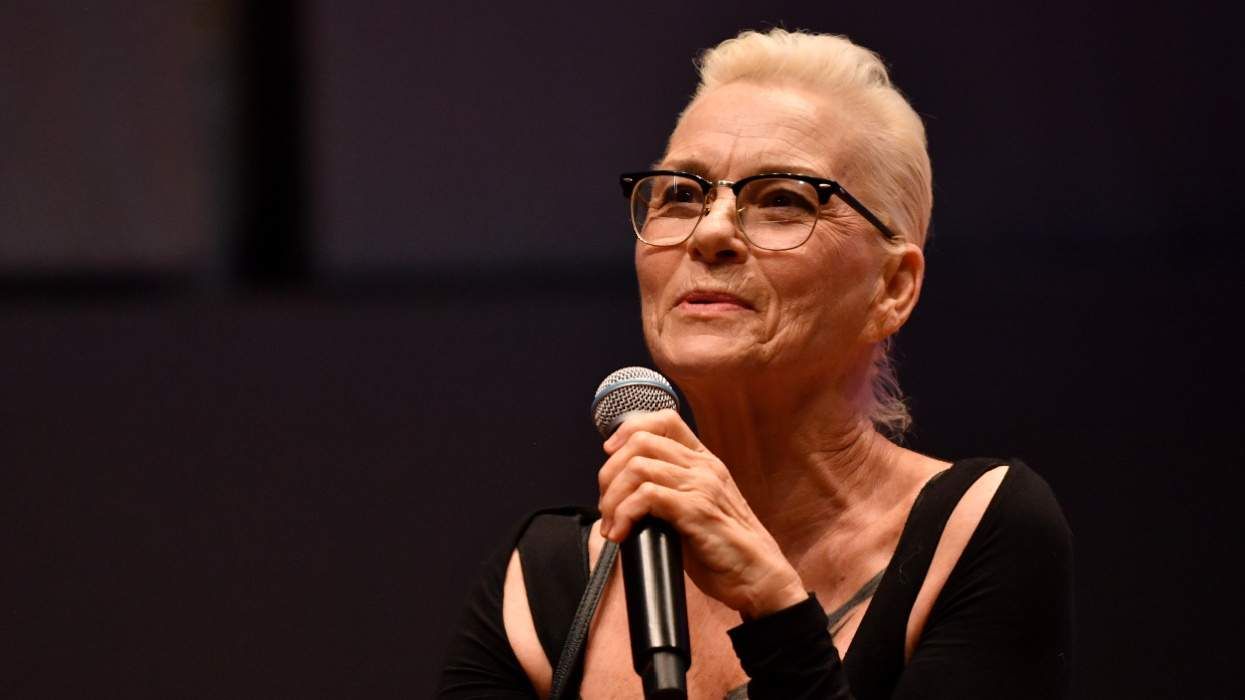Dear Adam,
I'm a 50-year-old gay man and my life is going really well. I've created the life I've always wanted with a great career, husband, and friends. However, for the past six months I've found myself mildly depressed for no particular reason. I had a good childhood, with a supportive family, so I don't feel I've got past trauma to explore in therapy. Is this what they call the midlife crisis? Any thoughts?
Signed,
Low in London
Dear Low in London,
Therapists don't often share their own life stories. Our focus is on you, not us. But sometimes what we've learned from our personal challenges can inspire others. So here goes.
A couple of years ago my life looked great. In fact, some would describe it has "gay heaven." I really did have it good. I had a wonderful relationship of 25 years (and the sex was still good); a great apartment in San Francisco (and a view); loving friends and family (with people I could tell anything); an adorable dog (I am not being biased -- everyone said she was the cutest dog ever); meaningful work as a therapist (and a full practice); the appropriate amount of money saved for retirement for a person of my age (that's what the financial planner said); good health and a super cute trainer (no photos available).
It doesn't get much better than that, right? And yet I surprised myself when suddenly I wasn't happy and sometimes slightly depressed.
I didn't understand it. I had already done years of personal work with therapy, workshops, reading, yoga, meditation, and watching the occasional Oprah show. I had healed childhood issues and cleaned up most of my inner homophobia. What else could be wrong?
I was in my early 50s, so my best guess was that it probably was some kind of midlife issue. I didn't think I had issues with getting older, although I remembered I did some projectile vomiting on my 50th birthday. But that only lasted for a day or two and then I was fine. So I systematically tried different methods to move through it.
I started with that great American salve: shopping. I'm not into cars, so the classic midlife red sports car held no interest. But like many of my gay brothers, I am into decorating. So I upped the decorating budget and indulged my decorating fantasies. Wallpaper. Fabrics. Furniture. Pillows.
It was fun and creative and a little stressful, and when it was over I had an even nicer apartment, but the blah feelings came back.
So I got more disciplined. I journaled and meditated every day. I went back for a couple of sessions with my old therapist, who was now an hour and half away via a crowded highway. That work led me to experiment with building something bigger than my own private practice, and I started the Gay Therapy Center. It grew to a large group practice with offices in San Francisco, Los Angeles, and New York. I found it exciting and satisfying. I felt better. And yet the old ennui eventually crept back.
I went back to journaling and reading every midlife book I could find. There are a few good ones out there, but not many. (I've included a list of my favorites at the end.)
So what finally did the trick after two years of swimming in the dark? It sounds like a cliche, but a volunteer cause cured my midlife crisis. I joined the board of the Horizons Foundation, which is the nation's first LGBTQ community foundation. It's kind of like the United Way for gay people.
I surprised myself at how much I cared about this organization once I became a part of it. Sure, it can be annoying to go to a meeting or event after a long day of work. But it turns out that at this stage of life -- I'm 54 -- the need to feel like I'm an integral part of a larger cause is more important than ever.
If you've ever taken a psychology class then you know that the famous psychologist Erik Erikson theorized that there are eight stages of development over our life cycle. I'm in stage seven, which is called "Generativity vs. Stagnation." It occurs between the ages of 40 and 65. It essentially states that if we don't feel like we are adequately caring for others and a part of a larger picture, we will feel stagnant. Dr. Erikson read me like a book.
I think many of us are hesitant about getting too involved in an organization. We think we are too busy and that more commitments will stress us out. We don't know where to start or what we can offer. And yet the price we pay for that hesitancy can be a quiet feeling of blah or even a deeper depression.
What cause might lift you up? Don't get involved out of a sense of guilt or obligation. Do it when you are convinced that it's what you need to feel good.
And here are some good books that may help you through your midlife:
Finding Meaning in the Second Half of Life by James Hollis
Life Reimagined: The Science, Art, and Opportunity of Midlife by Barbara Bradley Hagerty
The Middle Passage by James Hollis

